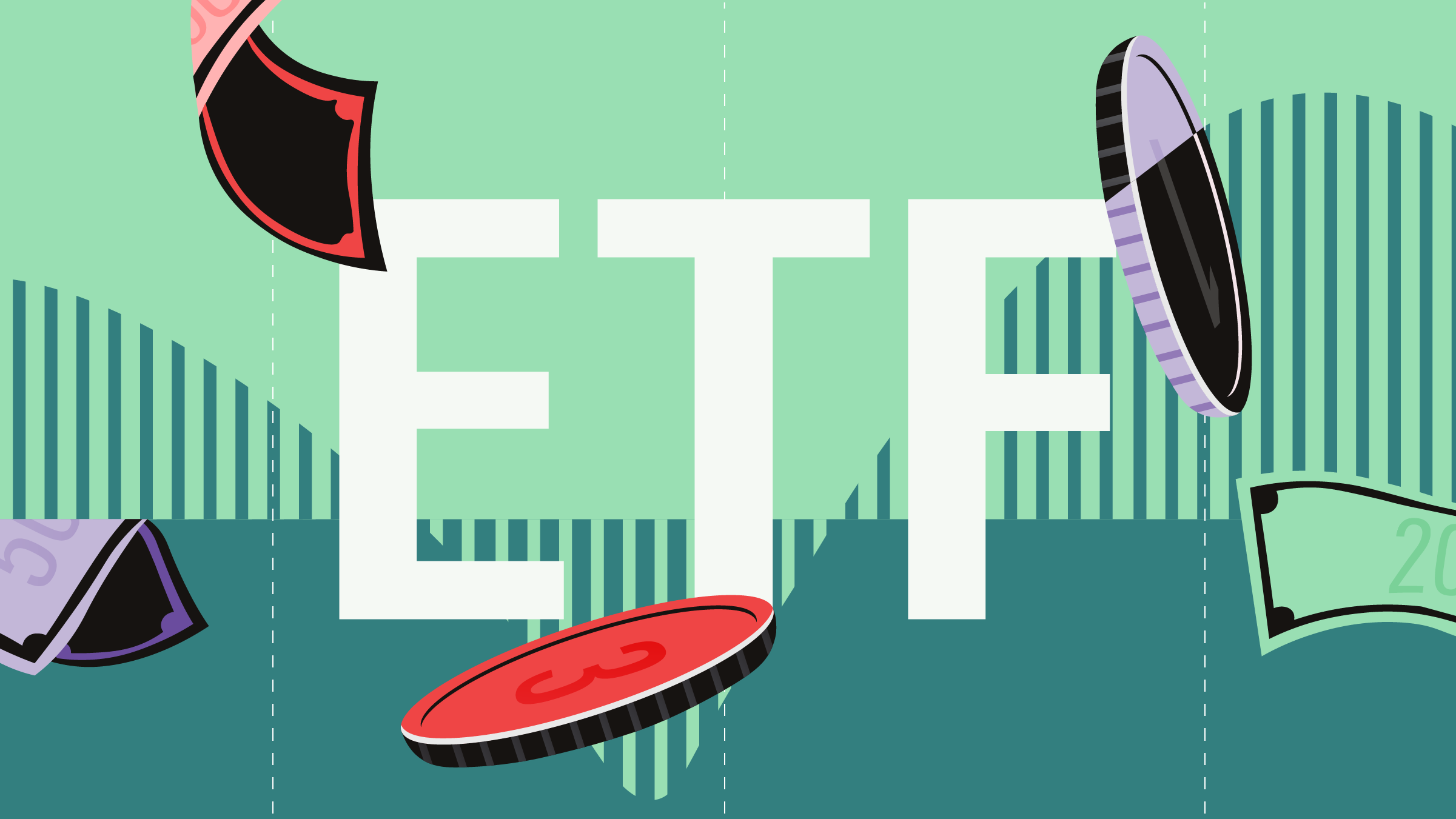Christian Charest: For Morningstar, I'm Christian Charest. About a decade ago, the ETF industry saw the launch of many new products that rejected pure index investing in favour of more elaborate but still rules-based passive strategies. These new strategies soon came to be known as smart beta. But from the onset there have been objections to that name. I'm here today with Jeff Weniger, Asset Allocation Strategist at WisdomTree Asset Management Canada, to talk about his firm's approach in this regard.
Jeff, thank you very much for being with us today.
Jeff Weniger: Thanks, Christian. Glad to be here.
Charest: So, as I mentioned, the objections to the smart beta label are nothing new, but in my experience at least, most of the objections have been to the term smart. But you object to these funds actually being called beta. Can you explain why?
Weniger: Yeah, and it's funny. The industry kind of collectively came up with the phraseology smart beta about a decade ago when ETFs were starting to proliferate and there was only a few hundred billion rather than 4 trillion or 5 trillion like today. And really, it was kind of one of these situations where you had no choice. If you wanted to differentiate yourself from active mutual funds or from, say, S&P 500 trackers, you had to call yourself smart beta, whether you liked it or not. We saw gravitation toward concepts like strategic beta.
But what we at WisdomTree are kind of saying is, look, the word beta is a loaded concept. It presupposes that the standard of excellence should be market capitalization weighting, for example. What we are saying is, we have indexes that are materially different from, say, the TSX 60 or the S&P 500, or you name it. And so, what we really want to communicate to the investing public is that there is something about our indexing methodology that we want to make very abundantly clear. We are generating alpha as opposed to trying to find something that's another way of reconfiguring a standard household name type index, like the S&P 500 or MSCI U.S. or something like that.
Charest: And for viewers who may not be familiar with the terms, can you briefly explain what the difference is between alpha and beta?
Weniger: Yeah. Well, absolutely. Beta is typically the term used to kind of describe an index or a fund that's tracking the market. So, if you have a beta of 1, then you are going to end up looking like a broad market index. Whereas alpha is kind of the Greek numerical used in the industry to describe any incremental return you can get over and above the commonly accepted definition of beta.
Charest: So, just to clarify as well. Do you think the descriptor is not accurate for the industry in general or more specifically for what WisdomTree does?
Weniger: I would say for WisdomTree and for a few other firms that are rivals of WisdomTree. But what we really want to communicate is that we have some indexes that are covering -- I'm thinking of an index that we have for Canadian core equities, essentially, where based on the nature of our screen where we are not screening it based on market capitalization only like so many other indexes do; we are screening based on return on equity, return on assets and concepts like this. You end up with broad Canadian equities, but 9 out of the 10 of the largest companies are not even included in our index right now in 2018. That could change in 2019 if their metrics start to kind of get their act together. But for the time being, you end up looking materially different from, say, a TSX Composite or an S&P/TSX 60, these types of indexes.
Charest: Now, Morningstar's official naming convention for these products is strategic beta. Now, unfortunately, the name hasn't really caught on yet. My personal preference is factor-based ETFs. Why does all this matter to investors? As long as they understand what the ETFs do, does the name really matter?
Weniger: I would say it matters a lot more than perhaps we might expect. I mean, remember, it was just a few years ago, people were still saying "what are these EFTs" sometimes, as opposed to ETFs, because they had seen that acronym elsewhere within electronic funds transfers. So, there is an education process.
And the issue I've always taken with the word strategic that Morningstar uses sometimes is that is a word that oftentimes in the industry can mean a very long-term horizon, for example, and we use tactical to kind of deal with one- to two-year things, strategic to be 10 and 20. So, that's one of those things where by saying strategic then you might be boxing it into just one type of investor. Whereas ETFs, smart beta ETFs or modern alpha ETFs or whatever the nomenclature might be, they can be used for everything from the person with a one-month horizon to a 12-month horizon to a 12-year horizon. It really should encompass the entire investor base, because the industry has something for everyone.
Charest: Can you give you us a specific example of one of the WisdomTree funds and why you think its strategy is closer to alpha than beta?
Weniger: Yeah. I think that the one that I was mentioning earlier, the Canadian Core. We call that the Canadian Quality Dividend Growth one. Essentially, if we had a year -- from example, right now, it's underweight the banks. It's not the banks are good or bad or there's any particular problem with the banks. It's just that based on the screen right now the banks are not registering highly on projected earnings growth, on profitability measures and so forth. And so, an index like that should be generating alpha in a year in which the banks are struggling or in which the profitability measures tend to be outperforming, say, lower-quality type companies.
And so, this is really something that I would not classify as anything that should be characterized as a TSX 60 or any kind of concept like this. It's 50 names; it's all-cap though, as opposed to just large cap and it really will have an experience that looks like a true active manager within an ETF wrapper except it's of course, we're dealing with WisdomTree, rules-based. And that's the beauty of it. we can do these things at an efficient cost structure.
Charest: And beyond the name, how does your approach at WisdomTree differ from the ETF crowd that also offer factor-based ETFs?
Weniger: Well, there's a lot of philosophical differences. Sometimes you have firms that are really focused on some factors that have done well through the years, but might not be the core bread and butter of a really value-oriented firm like WisdomTree. What they will oftentimes do at other firms, not that there's anything wrong with what they are doing, but they will do their various screens and then they will weight them by their market capitalization as their last stage. Whereas what we'll typically do, and this is kind of the bread and butter of WisdomTree is, we'll run all the screens for various metrics that we've determined based on academic research. And then our final step for weighting the index components that the ETFs track is to weight them based on, commonly, dividends, the actual dollar amount of your dividends as opposed to your dividend yield. And then that kind of gives it that little bit of value flavour at the end within a holding that can oftentimes be characterized as a core holding for a major part of the pie chart of somebody's total asset allocation.
Charest: Interesting stuff. And we'll have to see if the modern alpha name catches on, if you're more successful than we have been with strategic beta.
Weniger: Don't worry about it. It will.
Charest: Jeff, thank you very much for sharing all this with us today.
Weniger: Thanks, Christian. I appreciate it.
Charest: For Morningstar, I'm Christian Charest. Thank you for watching.


















